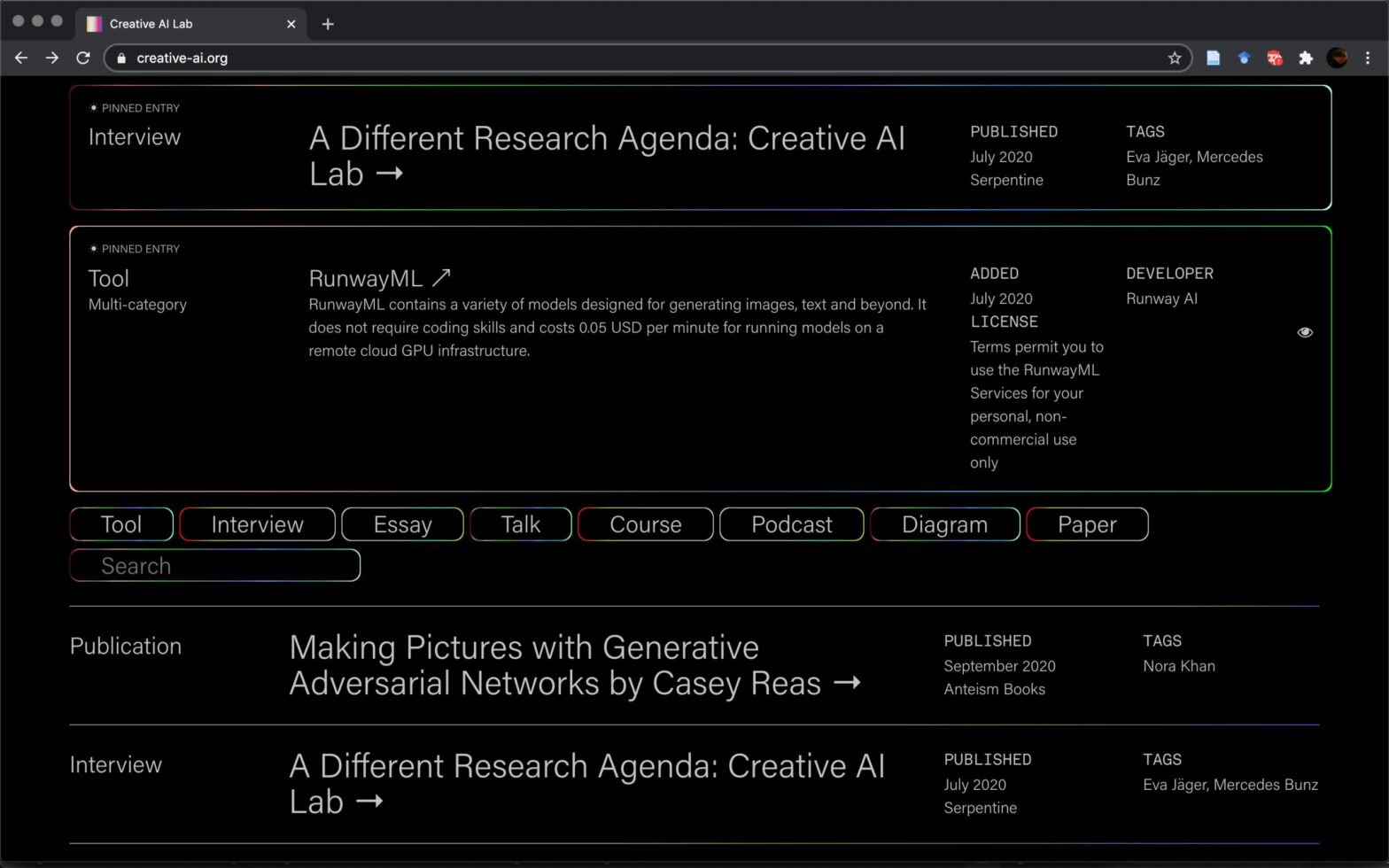In response to Ada Lovelace Institute’s call for public evidence regarding the vaccine passports and COVID status apps, Dr Btihaj Ajana, Reader in Media and Digital Culture at the Department of Digital Humanities, recently submitted some critical reflections on the ethical implications of these technologies and proposals. Here is a summary of submission: Discrimination and …
Continue reading “Ethics of vaccine passports and COVID status apps by Btihaj Ajana”




